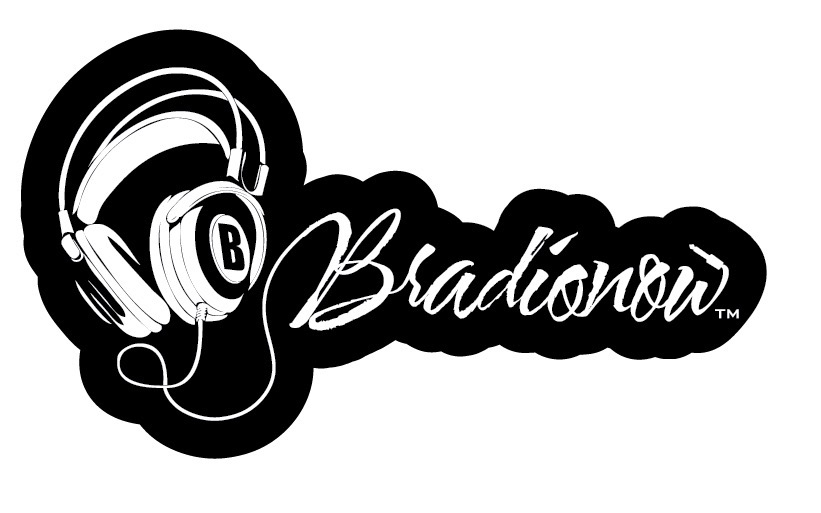
Each generation and decade contributes something to society and culture. Whether the contribution is to black culture, pop culture, or cultural heritage. There will always be a fad, topic, or incident contributing to the present-day culture. Currently, we’re experiencing this new form of culture titled Cancel Culture. Cancel Culture is a form of blackballing or boycott usually categorized by an action or unpopular opinion of a celebrity. It’s used to place a public figure into a class where the majority agrees to no longer affiliate, associate, or support the public figure placed in this canceled category.
It’s quite interesting how this entire movement of canceling someone or something has even grown legs to stand on in today’s society where we’re constantly preached to about forgiveness. Forgiveness is the way of life and has been the cornerstone of so many religious and spiritual belief systems. It leaves you wondering “is this even fair?” How are we to so nonchalantly dispose of someone the moment they fall out of alignment with our personal beliefs or feelings? However, we’re quickly reminded that we’re also living in a time where one’s attention span isn’t even a minute long, so, no one is really canceled. That’s where the problem lies in this cancel culture. We forgive too quick, but we forget even quicker. The cancelation last for a moment, and we move on to the next topic at hand. In hindsight, there really isn’t any reason for us to get upset when all we’re going to do is forgive and forget, which is expected from someone who is human with a heart of compassion. The intended call for canceling serves a greater purpose, because withholding one’s will to exercise their right to cancel can only cause further damage to a detrimental situation. On the other hand, cancel culture is forcing your opinions and beliefs on people, which complicates it becoming a progressive moment. That’s why canceling is a thing, that isn’t a thing.
One pitfall surrounding Cancel Culture is people are canceling on the basis of what THEY think is wrong, while the majority of others are unaware on what they’re actually canceling. They’re just committing to the cause, because it’s the thing the media has forced upon them. So, for lack of feeling left out, or on the wrong side of the track, they commence to cancel. And let’s not exclude the ones who cherry-pick when and what to be outraged about. They are cancelling on a beneficial basis. It’s solely about whatever makes them feel comfortable, but doesn’t threaten what it is they wish to bask or partake in. Canceling creates accountability, and canceling causes accountability. However, there are those who are capable of separating the art from the artist, and entertainment from embarrassment. Ironically, people tend to forget that things resonate with people for a number of reasons, and you can’t force someone to part ways with their memories attached to that thing. You also have to understand someone who’s not willing to participate in the cancelation, doesn’t contribute to them not being aware, or endorsing said behavior. It means they’re exercising their rights to do what they please, the same way canceling is.
Canceling is about rallying for the betterment, regardless of one’s own beliefs. Too bad it’ll always be challenging because of forgiveness and forgetfulness. Canceling is preference. Preference is what you prefer to participate in or not. If this culture of canceling continues we’ll acquire a list so long that nothing will be enjoyable anymore. We’ve gotten to a place where we’ve canceled people, organizations, restaurants, and corporations in a blink. Not saying the call of canceling wasn’t plausible, but when do we allow a mistake to be a mistake, and the past be just that?
What Cancel Culture should be providing and showcasing is redemption. We’re throwing people away at a rapid rate, and often times it’s for a revisited piece of their past, that was never offered a restorative period. That sends the overall message that no one is allowed mistakes in life or allowed to evolve. By canceling we’re revoking the space for one to grow. We’re aware that artist benefit from the art, but what canceling should be about is performing your personal preferred duty that makes you feel good and grants you peace, not policing people’s policies and prerogatives. What’s most upsetting about this movement is its coercing people into corners that they might not have placed themselves in, if they were strong willed enough to think for themselves. Cancel Culture has granted people the privilege to not form their own opinions.
It seems Cancel Culture should have been a way of silently protesting, but it’s now become vocal. Before it had a name to it, it was a movement. We’ve protested people, organization, restaurants, and corporation long before it was this mainstream act. The information was shared, the knowledge was given, and your decision to participate or not was made, and followed out in private. Canceling was about your liberty to do as you please, which is what cancel culture is all about: doing what YOU WANT, but somehow, it’s become a movement of coerced forces placing their policies on one another.
At the end of the day, because at core our reason for canceling usually stems from our very own spiritual, religious, and personal belief system, shouldn’t our mindset be to let God handle the cause we’re canceling?
